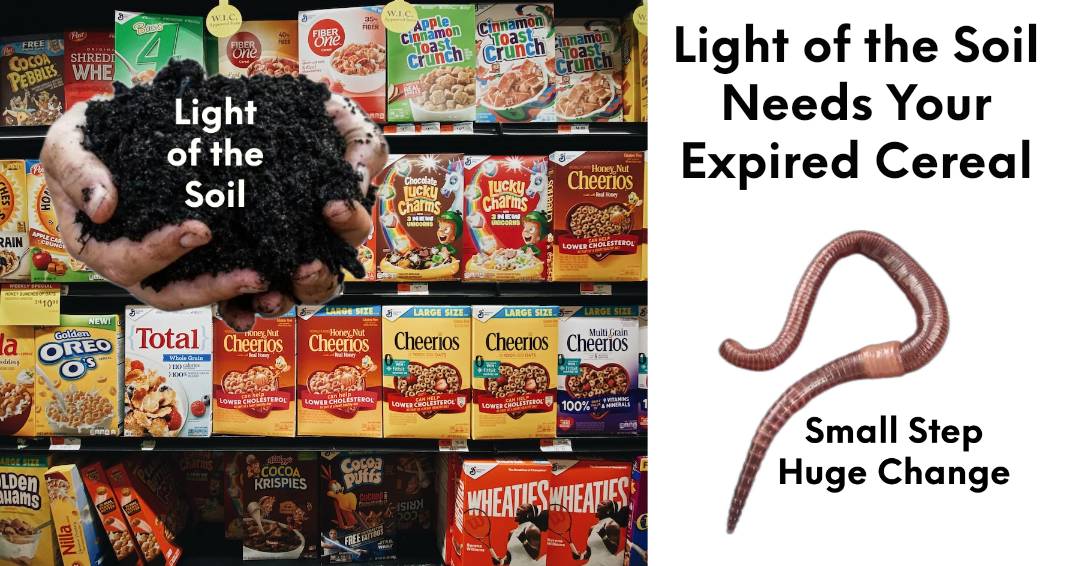Organic Matter: Expired cereal, like other kitchen scraps, introduces valuable organic matter to the composting system. This organic material contributes to enhanced soil structure and moisture retention, fostering a healthier soil environment.
Nutrient Content: Cereals often contain essential nutrients, including nitrogen, phosphorus, and potassium. These nutrients are fundamental to plant growth and vitality. As expired cereal decomposes, it releases these nutrients into the compost, enriching it with plant-friendly elements.
Microbial Activity: Cereal remnants serve as a food source for beneficial soil microorganisms. These microbes play a crucial role in breaking down organic matter, facilitating nutrient availability, and improving the overall health of the soil.
Waste Reduction: Incorporating expired cereal into the vermicomposting process also aligns with sustainable waste reduction. By diverting expired cereals from the landfill and repurposing them in the compost, Light of the Soil is contributing to reduced food waste and an eco-friendlier gardening approach.
In essence, using expired cereal to feed composting worms is a practice that not only optimizes nutrient recycling but also supports soil health and sustainable waste management. Light of the Soil's commitment to this process exemplifies their dedication to responsible and environmentally conscious gardening practices. Small step, huge change.

